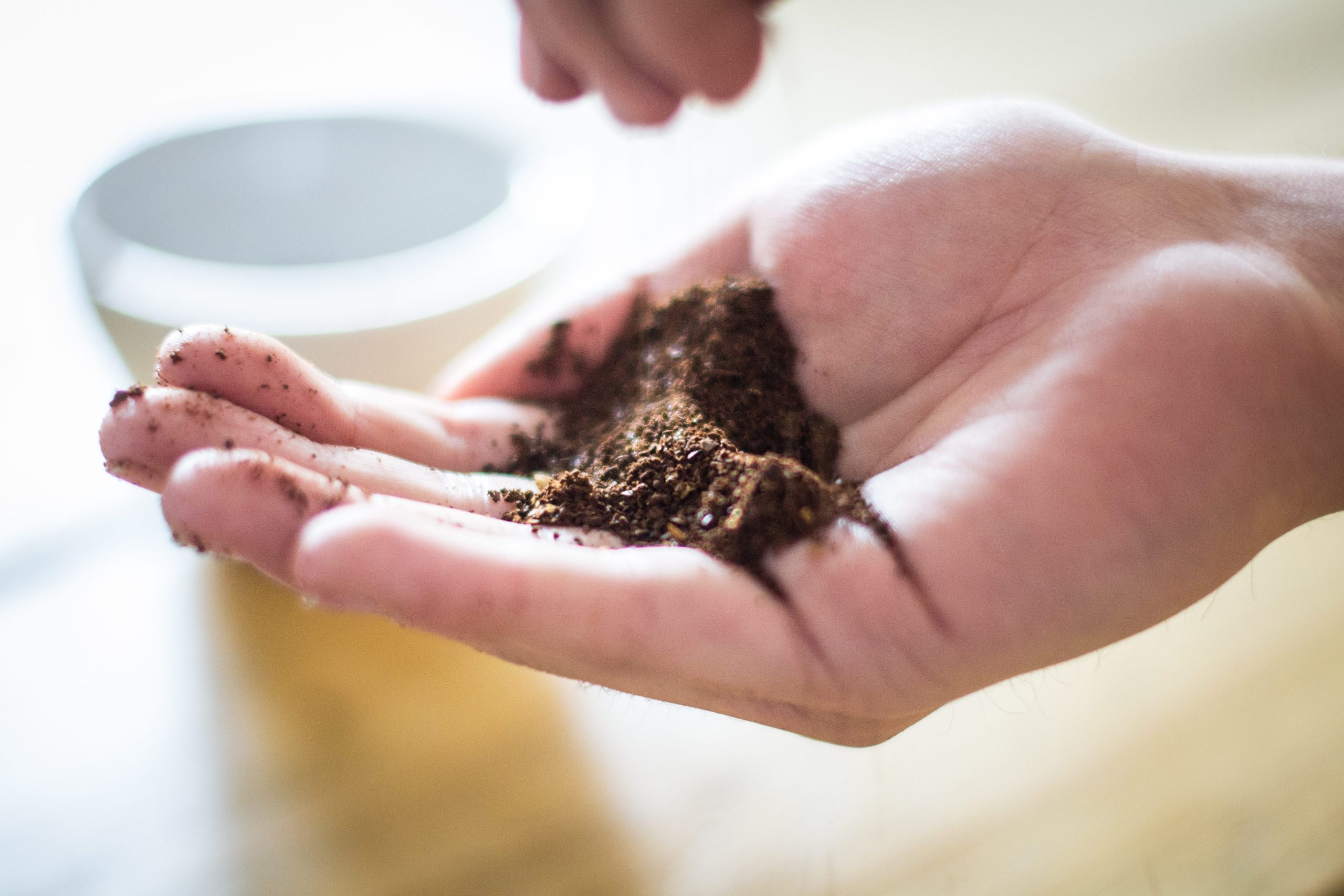Can Dump Coffee Grounds Down the Sink? - Discover the Risks
Can Dump Coffee Grounds Down the Sink? - Discover the Risks
Blog Article
Here in the next paragraph you'll find some incredibly good advice around What are the consequences of putting coffee grounds.

If you're a passionate coffee drinker, you may be wondering about the best way to deal with your coffee grounds. While it might appear practical to wash them down the sink, this practice can bring about numerous problems for both your plumbing and the environment. In this article, we'll discover whether it's risk-free to put coffee premises down the sink and talk about alternative disposal approaches to think about.
Alternatives to Disposing of Coffee Grounds
Trash Disposal
If you do not have a composting setup, one more option is to just throw your coffee premises in the garbage. Make sure to secure them in a compostable bag or container to avoid smells and leakage. While this technique does not provide the very same environmental benefits as composting, it's a secure and convenient method to take care of coffee grounds.
Composting
One environment-friendly alternative for dealing with coffee grounds is to compost them. Coffee premises are abundant in nitrogen, making them an excellent addition to compost piles or bins. As they break down, they include nutrients to the dirt, enhancing its fertility and appearance.
Threats of Putting Coffee Grounds Down the Sink
Plumbing Issues
Among the primary concerns with dealing with coffee grounds down the sink is the risk of clogging your pipes. Coffee grounds don't liquify in water and can gather over time, forming a thick sludge that can block drains pipes and result in pricey plumbing repair services.
Environmental Impact
Past the possible damage to your plumbing, placing coffee grounds down the sink can likewise damage the environment. When washed right into the sewage system, coffee grounds can add to clogs in sewer lines and treatment centers. In addition, the high focus of organic matter in coffee grounds can deplete oxygen levels in waterways, adversely influencing marine life.
Tips for Proper Disposal
Normal Maintenance
Regardless of how you pick to throw away your coffee grounds, it's essential to keep your plumbing on a regular basis. Schedule routine drain cleansings to remove any kind of accumulation and make sure that your pipelines continue to be clear and free-flowing.
Use a Sink Strainer
To prevent coffee grounds from entering your sink's drain to begin with, think about making use of a sink filter. These cost-effective tools catch strong fragments, consisting of coffee premises, avoiding them from triggering blockages.
Final thought
While it may be tempting to clean coffee premises down the sink for comfort, doing so can have severe repercussions for your plumbing and the environment. Instead, take into consideration composting your coffee premises or throwing away them in the garbage. By adopting responsible disposal practices, you can enjoy your coffee guilt-free while reducing your ecological impact.
Coffee Grounds Down The Drain: Are They OK?
Can Coffee Grounds Go Down the Sink?
You may be thinking, “But I pour them down the sink drain every day and I’ve never had a clogged drain!” You see, coffee grounds come from coffee beans, which are virtually rock hard by the time they’re ground and brewed. You certainly wouldn’t want to grind up the pit from a peach, apricot, or nectarine that is about just as hard because they wouldn’t break down like other foods, and it’s the same with coffee beans!
If you usually grind coffee beans in the garbage disposal because it seems the cleanest and convenient, we don’t fault you for that. And anyone who has ever had to clean up the trash with spilled coffee grounds after a dog got into it would understand the rationale. Unfortunately, coffee grounds do not break down in water, so instead of grinding up and washing away as normal foods do in a garbage disposal, they clump together and as time goes by, the grounds can form a clump and pack the drain until it develops a clog.
What to Do With Coffee Grounds
So, what do you do with coffee grounds if you can't put them down the drain? You could of course just throw them in the garbage, but we encourage you to give these practical uses for them a try!
Since coffee grounds contain key minerals for plant growth, you can use them to fertilize your garden. Coffee grounds not only fertilize gardens because they are mineral-rich, but they are also great at absorbing contaminants in the soil, particularly heavy metals. Coffee grounds are said to attract worms, which help gardens flourish. You can use coffee grounds as fertilizer by sprinkling them around your plants. You can compost your coffee grounds and use them at a later time. Coffee grounds are great insect repellents when you place them in bowls or sprinkle them around the areas you want to repel insects. To remove fleas from your dog or cat, simply shampoo your pet then rub coffee grounds throughout their fur. Rinse them off and dry as usual. Like baking soda, used coffee grounds can eliminate odors. You can place them in a bowl in the fridge and let them do the work! Mix coffee grounds with coconut oil for a wonderful face or body scrub, or to reduce the appearance of cellulite. https://www.wintershomeservices.com/blog/2019/august/coffee-grounds-down-the-drain-are-they-ok-/

Do you like reading up on Is it safe to dispose of coffee grounds down the sink?? Try to leave a comment down the page. We would be interested to listen to your opinion about this piece. In hopes that you come back again later on. Do you know another person who is looking into Should You Put Coffee Grounds Down the Sink?? Do not hesitate to promote it. Thank you for your time. Visit again soon.
Visit My Website Report this page